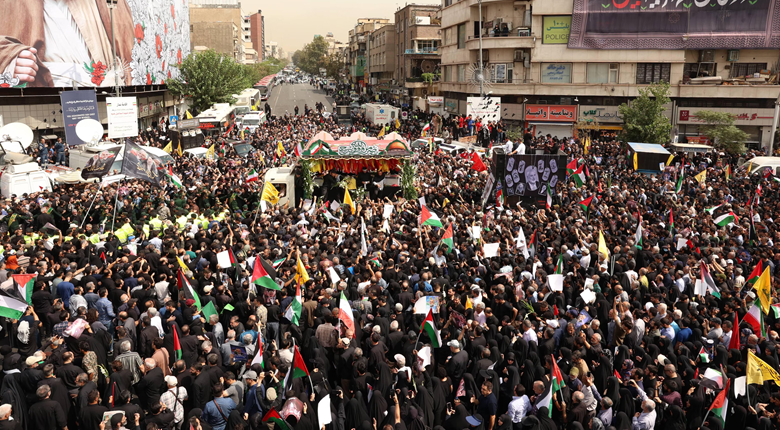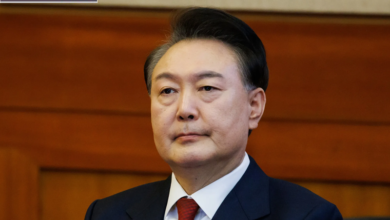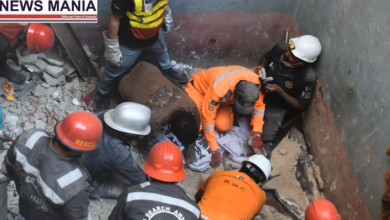Iran Pledges Definitive Response to Israel Over Hamas Chief’s Assassination

News Mania Desk/Agnibeena Ghosh/26th August 2024
Iran has vowed to respond decisively to the assassination of Hamas leader Ismail Haniyeh in Tehran last month, signaling heightened tensions in an already volatile region. Iranian Foreign Minister Abbas Araghchi made this clear during a telephone conversation with his Italian counterpart, Antonio Tajani, on Sunday night. Araghchi assured that Iran’s reaction to what he described as an Israeli terrorist attack in Tehran would be “definitive, measured, and calculated,” according to the Iranian news agency IRNA.
Araghchi further elaborated on his stance through a post on X (formerly Twitter), emphasizing that while Iran does not seek escalation, it does not fear it either, contrasting this position with what he characterized as Israel’s tendency to provoke tensions. Tajani, in turn, expressed concern over the rising instability in the region and urged all parties involved to exercise restraint. He also called on Iran to contribute to reducing tensions, as reported by Iranian state media.
The backdrop of this escalating rhetoric includes a significant military exchange between Israel and Hezbollah, a Lebanon-based group backed by Iran. On August 25, the Israel Defense Forces (IDF) reported that Hezbollah had launched over 200 rockets and drones at Israel’s northern border. This attack was claimed to be in retaliation for the assassination of senior Hezbollah commander Fuad Shukr in Beirut. In response, Israel conducted a series of airstrikes across southern Lebanon, reportedly destroying around 1,000 Hezbollah rocket launchers in a coordinated operation involving 100 Israeli fighter jets.
As the conflict continues to simmer, reports indicate that senior Israeli negotiators are currently in Cairo to engage in talks aimed at securing a hostage release and establishing a truce in Gaza. These negotiations, mediated by the United States, Egypt, and Qatar, represent an effort to de-escalate the situation, but the path to peace remains uncertain.
The assassination of Ismail Haniyeh on July 31 has been a flashpoint in this ongoing conflict. Both Hamas and Iran have accused Israel of orchestrating the attack, although the Israeli government has not issued any statements regarding Haniyeh’s death. The Islamic Revolutionary Guard Corps (IRGC) confirmed the assassination, stating that Haniyeh and one of his bodyguards were killed when their house in Tehran was targeted.
The situation is further complicated by the broader geopolitical context. An Israeli official, quoted by CNN, suggested that Iran might be hesitant to escalate the conflict further, particularly given the significant U.S. military presence in the region. The ongoing ceasefire talks between Israel and Hamas, supported by international mediation, reflect a critical juncture in the efforts to prevent the conflict from spiraling into a more extensive war.
As the region grapples with these developments, the international community watches closely, aware that the outcomes of these events could have far-reaching implications for Middle Eastern stability and global security. Iran’s promise of a definitive response underscores the potential for further conflict, even as diplomatic efforts continue to seek a resolution.





